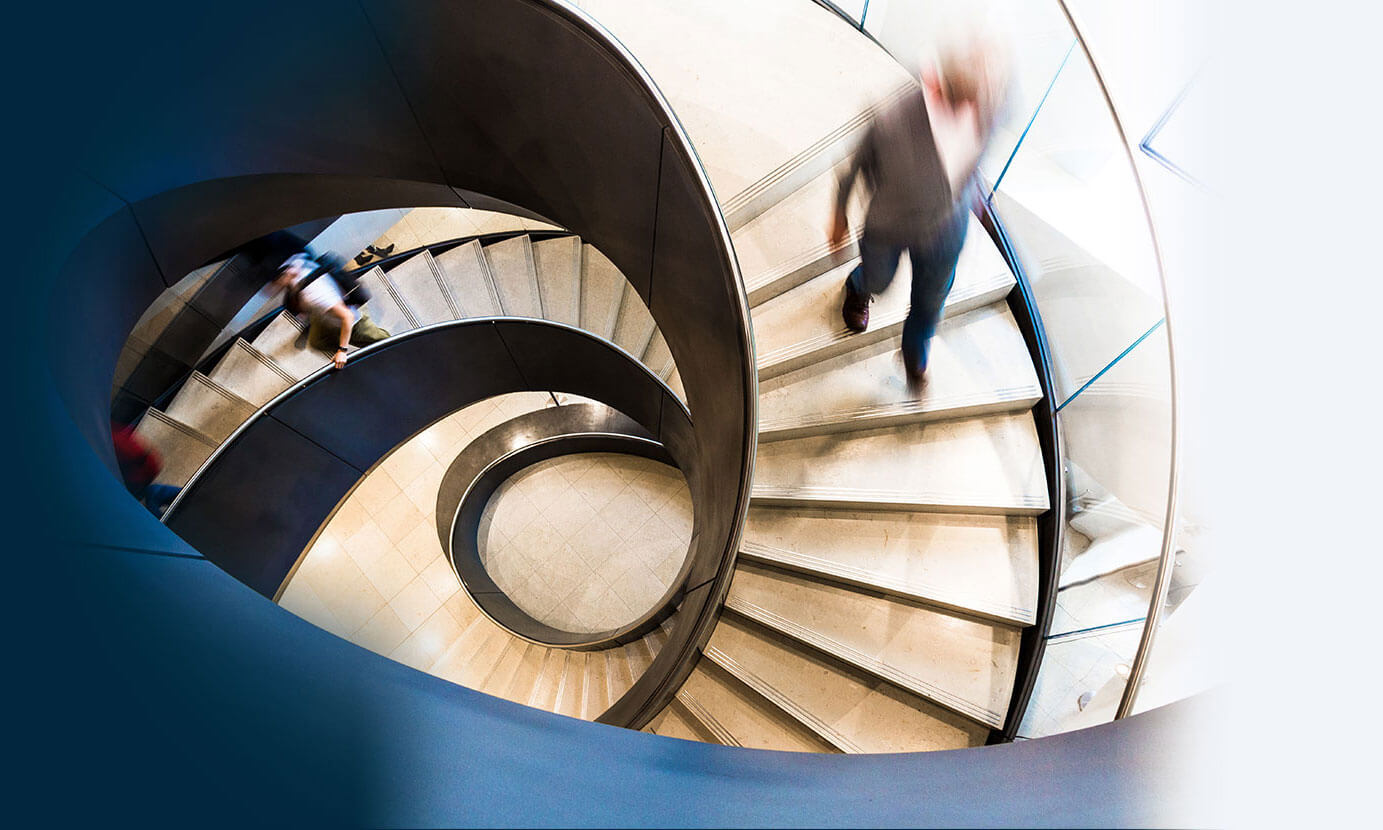Skin Cancer Reconstruction Thousand Oaks
 Skin cancer of the face is extremely common, especially in Southern California. These cancers are usually basal cell or squamous cell carcinomas. Melanoma of the face is less common but far more dangerous. Although removing these cancers is relatively straightforward, reconstructing the resulting defect can be quite challenging. Unlike other parts of the body, the reconstruction requires careful planning, precise execution, and occasionally multiple steps. A well-trained plastic surgeon is best suited for performing these surgeries.
Skin cancer of the face is extremely common, especially in Southern California. These cancers are usually basal cell or squamous cell carcinomas. Melanoma of the face is less common but far more dangerous. Although removing these cancers is relatively straightforward, reconstructing the resulting defect can be quite challenging. Unlike other parts of the body, the reconstruction requires careful planning, precise execution, and occasionally multiple steps. A well-trained plastic surgeon is best suited for performing these surgeries.
Most skin cancers of the face are treated by dermatologists. Cancers close to sensitive areas such as the nose, eyelid, ear, and lips are often treated using a procedure called Mohs’ micrographic surgery. The technique of Mohs’ surgery is an excellent way of removing only the cancer and very little surrounding normal tissue. The surgeons at the Kryger Institute of Plastic Surgery work closely with dermatologists who perform Mohs’ surgery. Using a team approach, the cancer is first removed completely by the dermatologist. Then the plastic surgeon reconstructs the resulting defect.
Who is a good candidate?
If you have been diagnosed with basal cell carcinoma, squamous cell carcinoma, or melanoma you may be a candidate for removal of the cancer and reconstruction by one of our surgeons. Any person undergoing Mohs’ surgery on the face is a candidate for reconstructive surgery. Your dermatologist will be able to counsel you regarding the need for a plastic surgeon.
Smoking can have a profoundly detrimental effect on the success of the reconstruction. If you smoke and are planning to undergo removal of skin cancer, you should quit smoking at once and avoid any tobacco products for at least six weeks after surgery (and hopefully forever).
I appreciate the delicate attention to detail
I am grateful you and your brother took on my delicate reconstructive post cancer care. I appreciate the delicate attention to detail and can’t wait for the final settling into my skin. I wrote a thank you to you and your brother via Facebook post on Labor Day- noting the labor of love and science and my surgical journey. I’m appreciative of your time and energy. Thank you and warmest regards.
Withheld for Privacy
Preparing for surgery
Tell your surgeon about any medical problems you have, and any problems you may have had with surgery in the past. A history of bleeding problems, nausea with surgery and high blood pressure are all important to disclose to your surgeon because these are risk factors for post-surgical bleeding. Inform him what medications you take-both prescription and non-prescription (including herbs and dietary supplements). You will be told which medications to stop and which to take before surgery. Blood thinning medication, aspirin, and anti-inflammatory medications such as ibuprofen and Alleve must be stopped for 7 days before surgery. Finally, you must strictly follow the instructions about when to start fasting before surgery (usually at midnight). If you get sick or have any health issues in the days before surgery, please notify the office at once in case we have to postpone your operation.
The surgery and the incisions
Reconstruction after skin cancer removal in Thousand Oaks can be done immediately or in a delayed fashion. If you are undergoing Mohs’ surgery for the removal of your cancer, you will usually have to wait several days until your reconstruction. In the intervening period, you should keep your wound clean and apply antibiotic ointment daily.
On the day of surgery, your surgeon will explain the procedure to you and the planned incisions. Many people are surprised by the fact that they will end up with incisions in other parts of the face. This may be required in order to “borrow” tissue from one part of the face and move it to help cover the defect. Rest assured that your surgeon will do everything possible to minimize your incisions.

The anesthesia
Skin cancer reconstruction in Thousand Oaks can be performed under “twilight” anesthesia or general anesthesia. Twilight anesthesia consists of intravenous sedation and pain medication that keeps you relaxed and sleepy during the surgery. In addition, the surgeon uses local anesthesia to numb the operative site. General anesthesia involves going completely to sleep with a breathing tube in your throat. There is a slightly higher risk of nausea and vomiting after general anesthesia, however, both techniques are extremely safe. Your surgeon will discuss the anesthetic options with you before surgery.
Skin Cancer Reconstruction FAQs
Will Insurance cover my surgery?
Most health plans will usually cover your procedure. The insurance expert at the Kryger Institute will work closely with your insurance carrier (or Medicare) to ensure that your procedure will be covered. We cannot guarantee that this will be the case, however, every effort will be made to get your entire procedure covered. Some insurance companies may still require a co-pay at the time of surgery.
What kind of dressings and drains are there?
Dressings after skin cancer reconstruction are usually not needed. One exception is if you have a skin graft performed. This will usually have to be kept covered with a dressing and kept dry for 5 days. If there are any other gauze dressings, these are removed the day after surgery. Once the dressing comes off, there is no need for any further dressing. Antibiotic ointment should be applied twice a day to all the incisions once the dressing comes off.
Rarely, for extremely large reconstructions your surgeon will use small drains that stay in for 1-2 days only. This help drains the fluid that is produced under your skin as part of the healing process. Without drains, this fluid can accumulate, termed a seroma. The drains are easy to take care of and do not hurt to take out.
Can you go home on the day of surgery?
Reconstruction after skin cancer removal can be done safely as an outpatient, and most patients will be able to go home the same day. In some cases, your surgeon may recommend that you spend a night in the hospital after surgery. Also, some patients may prefer to spend a night in the hospital if they have young children at home or live alone and do not have any help at home.
How much pain is there after surgery?
Pain from skin cancer reconstruction is highly variable and ranges from minimal to mild. It is worst in the first 24 hours, but then it rapidly improves. It is impossible to predict a person’s pain level. If you have done well with surgery in the past, you will likely be fine after this surgery. Many patients have adequate pain control with Tylenol. Our surgeons have a lot of experience treating pain and have published scientific articles and written book chapters about anesthetics and pain control. They will do everything possible to minimize your pain, including using pain pumps after surgery and utilizing all the newest pain medication.
What about swelling and bruising?
Swelling and bruising are normal signs of the healing process. They occur after any surgery to varying degrees. Swelling peaks at about 48 hours, and then rapidly decreases. By the end of the first few weeks, the majority of the swelling is gone. By 6-8 weeks, most of the swelling has diminished. Bruising is worst the day after surgery and then rapidly gets better. It is usually gone by two weeks.
What restrictions are there?
You can shower the day after surgery, but you should not take a bath, use a hot tub, or go swimming for at least two weeks. The majority of patients feel good enough to return to most activities after a few days. Strenuous activities such as jogging, aerobics, weight training, sit-ups, and sex should be avoided until 2 weeks after surgery.
When can I travel?
Traveling after surgery (air travel, long-distance car trips, train rides, etc) should not be done before you have had your first postoperative visit. Typically, this occurs 5-7 days after surgery for suture removal. Patients who are at high risk for developing a blood clot should not travel until instructed by their surgeon. Short car trips under 60 minutes can be done before the first visit. A good rule of thumb is when you are off the stronger pain medication and can get up without assistance you are ready to go for a short drive. You should not drive the car yourself, however, until your surgeon gives you clearance for this.
When can I go back to work?
This, of course, depends on the kind of work you do. Most people go back to work after a week. Sedentary jobs, such as computer work or talking on the phone can begin even sooner. If you have a strenuous job that involves a lot of lifting or physical activity, you may have to wait two weeks until you are ready for work. Please review the restrictions for further guidelines about getting back to work.
What kind of scars can I expect?
The scars after skin cancer reconstruction depend on the size and location of the cancer. The surgery is always designed so that the scars end up in natural skin creases and wrinkle lines. Scarring, however, is an unpredictable part of any surgery. It is impossible to cut through the full thickness of the skin and not have a scar. Our surgeons have published numerous scientific papers about the scarring process and wound healing, and will do everything possible to minimize scarring. To a large extent, however, scarring is determined by your genetics. If you are prone to hypertrophic (wide, raised) scars or keloids, make sure to inform your surgeon ahead of time. Our surgeons will use all the available techniques to minimize your scars based on their extensive research experience on hypertrophic scarring.
The Kryger Institute welcomes calls from patients. If you have any concerns at any time, please feel free to call our office. If it is an emergency, the answering service is available 24 hours a day, including weekends and holidays. There is always a plastic surgeon on call. Your surgeon will discuss all the risks and potential complications with you before surgery. You will receive detailed instructions about situations that warrant a call to the office.
Skin Cancer Reconstruction Cost
The total cost of skin cancer reconstruction surgery in Thousand Oaks is determined based on factors like your medical examinations, surgeon’s fee, hospital charges, post-surgery garments, and anesthesia. The exact techniques used will also impact cost, as will the total time needed to perform the surgery.
Schedule a Consultation
As one of the most well-regarded plastic surgeons performing skin cancer reconstruction surgery in Thousand Oaks, Drs. Kryger are here to answer all your questions about skin cancer reconstruction surgery. To confirm whether you are an ideal candidate for skin cancer reconstruction surgery, contact us today to schedule your in-person consultation.

